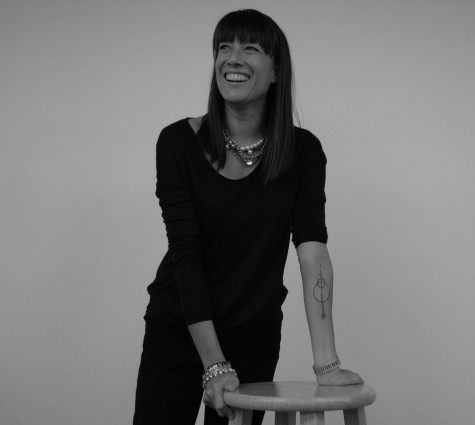Stories Behind the Ink
September 28, 2015
Societal evolution is what makes the world go ‘round. Things that do not change are soon forgotten, and the remembered is always evolving. This holds true for human opinion.
Even twenty years ago, being marked by ink was the equivalent of being marked as uncivilized, a troublemaker, or someone to be avoided in the eyes of society. But the negative connotation behind the word “tattoo” is fading.
Chemistry teacher Kay Davidson, received a tattoo after running her first marathon. When asked about the ink, one of the first things Mrs. Davidson described was her mom “who is a devout Catholic and very religious and, you know, cover-up and everything.” She was “really disappointed that I got one,” Davidson said. “She’s almost seventy, so that’s her idea. So I think things have changed a lot over the past twenty some-odd years.”
As years have passed, tattoos have become increasingly acceptable. However, there is still the belabored issue of how tattoos can give a negative first impression, specifically in job interviews or other professional environments. This has been talked about to the point where it has become cliche.
Even so, this prejudice against ink in the workplace is fading. What was once considered corporate suicide is now becoming increasingly common in professions such as medicine, education and counseling, and business and marketing. Can you imagine if BHS only viewed applications for non-tatted employees? We’d be without some of our favorite teachers and mentors. However, some tattoos could still call people’s judgement into question. For example, Davidson described a man at one of her favorite restaurants who “has tattoos over his head and his face. So, if he was my gynecologist or internal medicine guy and showed up like that, I would be a little bit nervous.”
Understandably.
“If he showed up and was like, ‘Hi, I’m here to examine your eyes,’ I’d be like, ‘Do you have yours examined?’”
Senior Makena Bambei agreed, saying that “If you’re a social worker and you have a billion tattoos all over you, I feel like [something] is a little bit off about [you].” If you have “a billion tattoos,” said Bambei, chances are there is not a personal meaning behind each individual one.
Both Davidson and Bambei, along with most of Americans forty years and younger, believe that tattoos should not be merely ink on your skin because of an impulsive decision. In Bambei’s words, “I think that if it’s something that is truly meaningful to you and it’s something that you want to look at to remind you of something…that should be looked upon as something good; it helps you cope.”
The stories behind the ink are often what show the human under the skin, and these stories are helping to change society’s view of tattoos. Davidson describes her tattoo as “just an extension of myself, just an outright expression on my arm of what I’ve accomplished and things that I believe in.”
More and more people are coming to the same realization: tattoos are outward expressions of inward experiences, and it is this kind of thinking that demonstrates the evolution of perspective.





